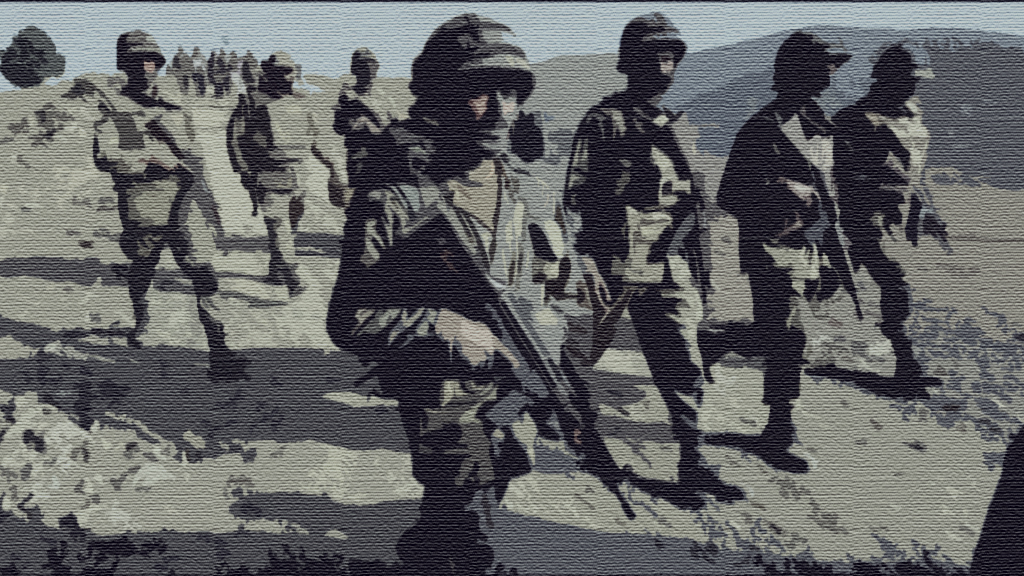HRCB Expresses Deep Concern Over Pakistan’s Plan for Intense Military Operations in Balochistan
The Human Rights Council of Balochistan is deeply alarmed by the recent decision of Pakistan’s Apex Committee to approve a military operation in Balochistan. This militarized approach is a continuation of oppressive policies that have consistently failed to address the province’s fundamental issues. Instead, such measures have resulted in severe human rights violations, including enforced disappearances, extrajudicial killings, and the displacement of entire communities under the pretext of national security and counterinsurgency.
Military operations have already commenced in districts such as Nushki, Panjgur, and Bolan, with reports of heavy military deployment, aerial bombardments, and shelling of civilian areas. These actions pose severe risks to the lives, safety, and fundamental rights of the civilian population.
Additionally, the suspension of internet services across large parts of Balochistan raises grave concerns about the state’s intentions. The deliberate communication blackout not only cuts off affected communities from the rest of the world but also hinders independent documentation and verification of events on the ground. This isolation creates a fertile ground for potential human rights abuses to go unreported and unchecked.
For decades, Balochistan has endured systemic marginalization and military repression. These operations, far from addressing the underlying causes of conflict, have exacerbated grievances, eroded trust, and perpetuated cycles of violence. The root causes—political marginalization, economic exploitation, and denial of fundamental rights—remain unaddressed, further fueling unrest in the region.
HRCB reminds the Government of Pakistan of its obligations under international human rights law to protect civilians and ensure justice, transparency, and accountability. We demand an immediate halt to the ongoing military operations, the lifting of the communication blackout, and the cessation of measures that disrupt civilian life. True peace and stability in Balochistan can only be achieved through justice and by addressing the legitimate grievances of its people.

